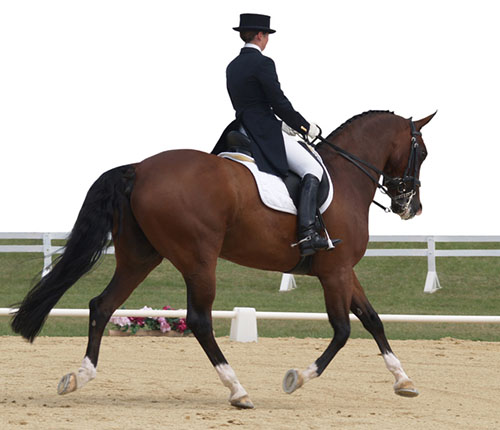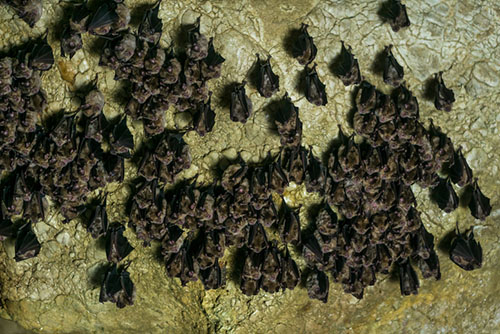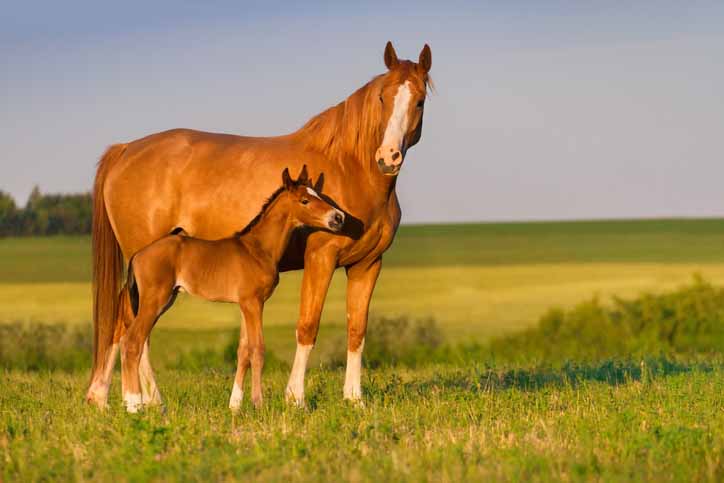Contracted Tendons in Goat Kids
- Lameness in Goats
- Overview of Lameness in Goats
- Caprine Arthritis and Encephalitis
- Contracted Tendons in Goat Kids
- Copper Deficiency in Goats
- Epiphysitis in Goats
- Footrot and Foot Scald in Goats
- Joint-ill in Goats
- Laminitis in Goats
- Mycoplasmosis in Goats
- Trauma in Goats
- White Muscle Disease in Goats
Contracted tendons in newborn kids are seen sporadically in goats of all breeds throughout the world, usually with unexplained causation. However, there are two specific, inherited conditions of goats that result in contracted tendons of newborns.
A usually bilateral, congenital condition that is a genetic defect is seen in Angoras in Australasia. It is due to a recessive autosomal allele that must reach a certain level before affected animals appear; the time between purchase of a carrier buck and appearance of affected kids may be 5–6 generations. Either the fore- or hindlimbs are affected. In rare cases, only one forelimb is twisted. In severe cases, the kid is either unable to stand or walks on its fetlocks. In less severe cases, the kid may move relatively easily with fetlocks that are permanently partly flexed. In mild cases, the limbs may gradually be splinted straighter and straighter until the kid is able to bear weight on its feet.
Anglo-Nubians in the USA, Canada, Australia, and New Zealand can have a rare genetic condition called β-mannosidosis. At birth, affected kids have varying degrees of fixed flexion of the forelimbs and fixed extension of the hindlimbs. They can see, bleat, and suckle if held up to the teat. Their withdrawal reflexes are normal or depressed, and there is intention tremor, especially of the head. There may be nystagmus, deafness, and facial abnormalities. At necropsy, cutting the tendons allows free movement of the limbs. Histologic examination reveals typical lesions of lysosomal storage disease characterized by cellular vacuolation. Affected kids have no plasma levels of β-mannosidase, and both parents have levels half the normal range.
- Lameness in Goats
- Overview of Lameness in Goats
- Caprine Arthritis and Encephalitis
- Contracted Tendons in Goat Kids
- Copper Deficiency in Goats
- Epiphysitis in Goats
- Footrot and Foot Scald in Goats
- Joint-ill in Goats
- Laminitis in Goats
- Mycoplasmosis in Goats
- Trauma in Goats
- White Muscle Disease in Goats





